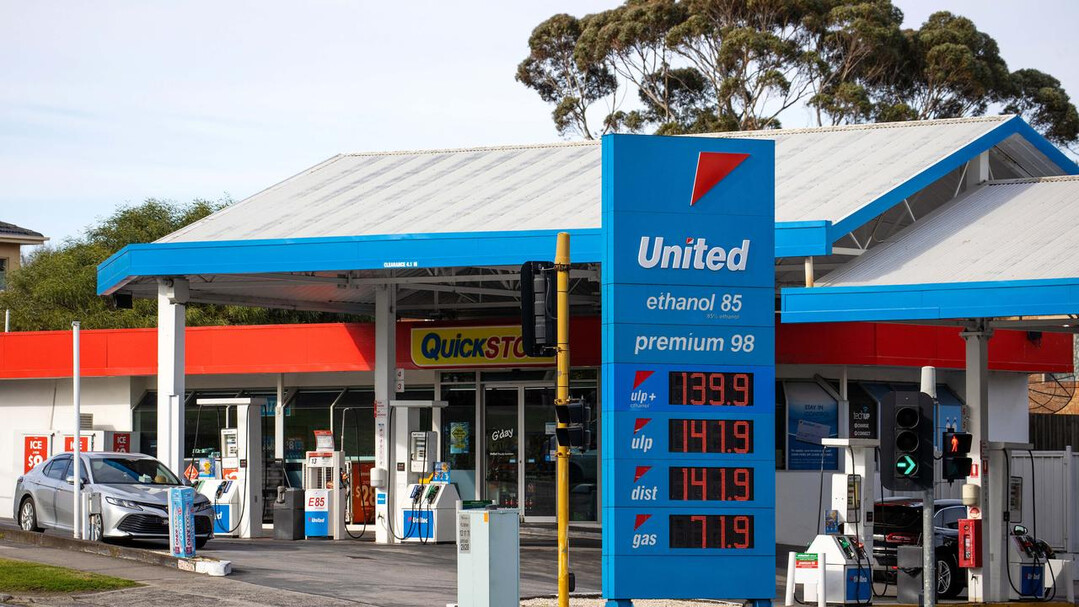
SYDNEY - Australian motorists are increasingly forgoing impulse purchases at petrol stations as cost-of-living pressures force a change in consumer behavior, impacting sales of snacks and other non-fuel items.
While petrol remains an essential purchase, items like snacks, drinks, and coffee are being cut from shopping lists, according to Mark McKenzie, CEO of the Australasian Convenience and Petroleum Marketers Association. "When consumer sentiment is off and people are not feeling good about the economy, our non-fuel sales drop," McKenzie stated.
This trend is reflected in the performance of major petrol suppliers. Shares in Viva Energy, which operates the Shell network, have halved in the past year, while Ampol's shares are down almost 40%, partly due to declining non-fuel shop income.
Impulse buys are a crucial revenue stream for service stations, as the profit margin on items like snacks is significantly higher than that of fuel. However, McKenzie notes that the pullback in these purchases is most pronounced when fuel prices exceed $2 per liter, pushing the cost of a typical refill over $100. "That three-figure sum really focuses their attention on whether they can afford a coffee with their fuel," he explained.
Research firm IbisWorld confirms this trend, noting a reduction in foot traffic and inflationary concerns deterring impulse purchases at convenience stores as well. These stores are also grappling with the vape ban and illicit tobacco sales.
To combat these challenges, petrol stations and convenience stores are revamping their businesses. Many are offering ready-made meals to attract value-conscious shoppers, tapping into the trend of Australians seeking more affordable meal options. Others are introducing eat-in cafe items, hot meals, or partnering with chains like Boost Juice to become destination venues.
Hollie Fox, owner of The Fox's Pantry near the Gold Coast airport, has successfully adapted by offering unique products not typically found at service stations. "We're not really a petrol station any more; we're sort of a grocery store selling fuel," Fox said. The business focuses on organic produce and homemade meals, and has moved away from traditional convenience store offerings like cigarettes and mainstream soft drinks.
In summary, rising living costs are driving Australian consumers to prioritize essential spending, leading to a decline in impulse purchases at petrol stations and convenience stores. Businesses are responding by diversifying their offerings to include more affordable meal options and unique products to attract customers.
[Copyright (c) Global Economic Times. All Rights Reserved.]



























